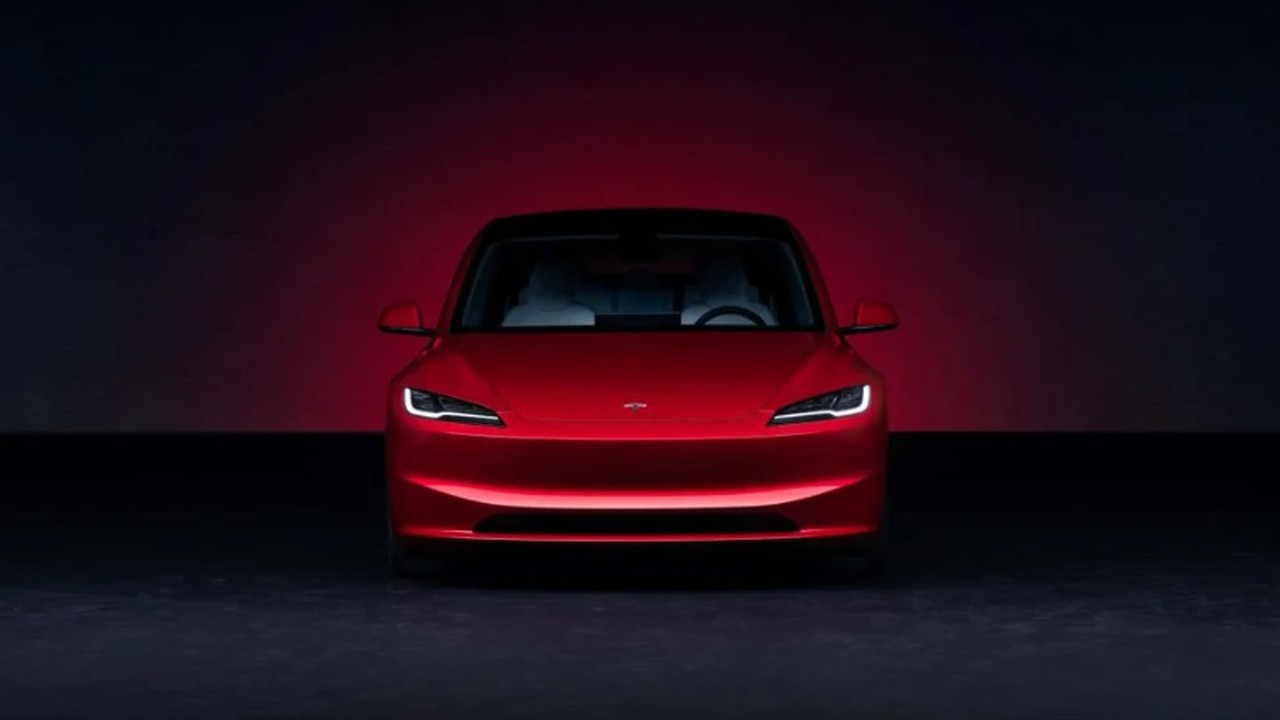Tesla opens superchargers to all EVs in South Korea
As Tesla expands its global reach, it's now opening its Supercharger stations in South Korea to all electric vehicles.

Tesla's expansion of its Non-Tesla Supercharger Pilot program to South Korea represents a significant milestone in the electric vehicle (EV) industry. This initiative has made about half of Tesla's Supercharger sites in the country, totaling around 80 locations, accessible to other EVs. This is a notable development, especially considering that South Korea predominantly uses the CCS1 connector for DC fast charging, a different standard from Tesla's proprietary NACS connector used in the U.S. and Canada.
To facilitate this integration, Tesla has equipped its charging stations with built-in CCS1 adapters, known as Magic Docks. This adaptation underscores Tesla's commitment to promoting universal charging solutions and moving beyond brand exclusivity. The inauguration of the 1,000th charger in Incheon-Yeonsu is a testament to the rapid expansion of Tesla's charging infrastructure in South Korea.
Tesla opens superchargers to all EVs in South Korea
The implications of Tesla's move are far-reaching. It raises questions about the future of charging standards in South Korea, including whether local manufacturers like Hyundai Motor Group will adopt the CCS1 standard or move towards Tesla's NACS. Moreover, Tesla's role as an EV charging provider is expanding beyond its own network, with recent agreements to supply charging technology to BP Pulse in the U.S. and EG Group in Europe.
Tesla's pilot program now spans over 20 countries across North America, Europe, and the Asia Pacific. The company's efforts to adapt to local standards, such as the CCS1 in South Korea and GB/T in China, reflect a strategic move towards creating a more interconnected and accessible global EV charging network.
 New earbuds from Honor: Earbuds X6 TWS now on sale in ChinaHardware
New earbuds from Honor: Earbuds X6 TWS now on sale in ChinaHardware






